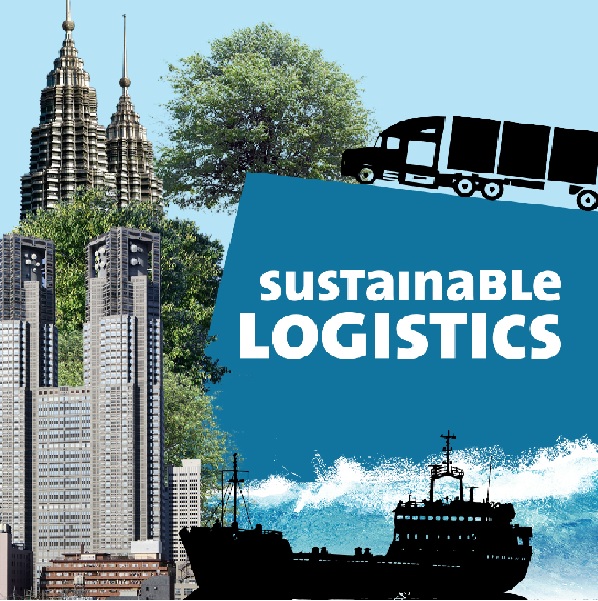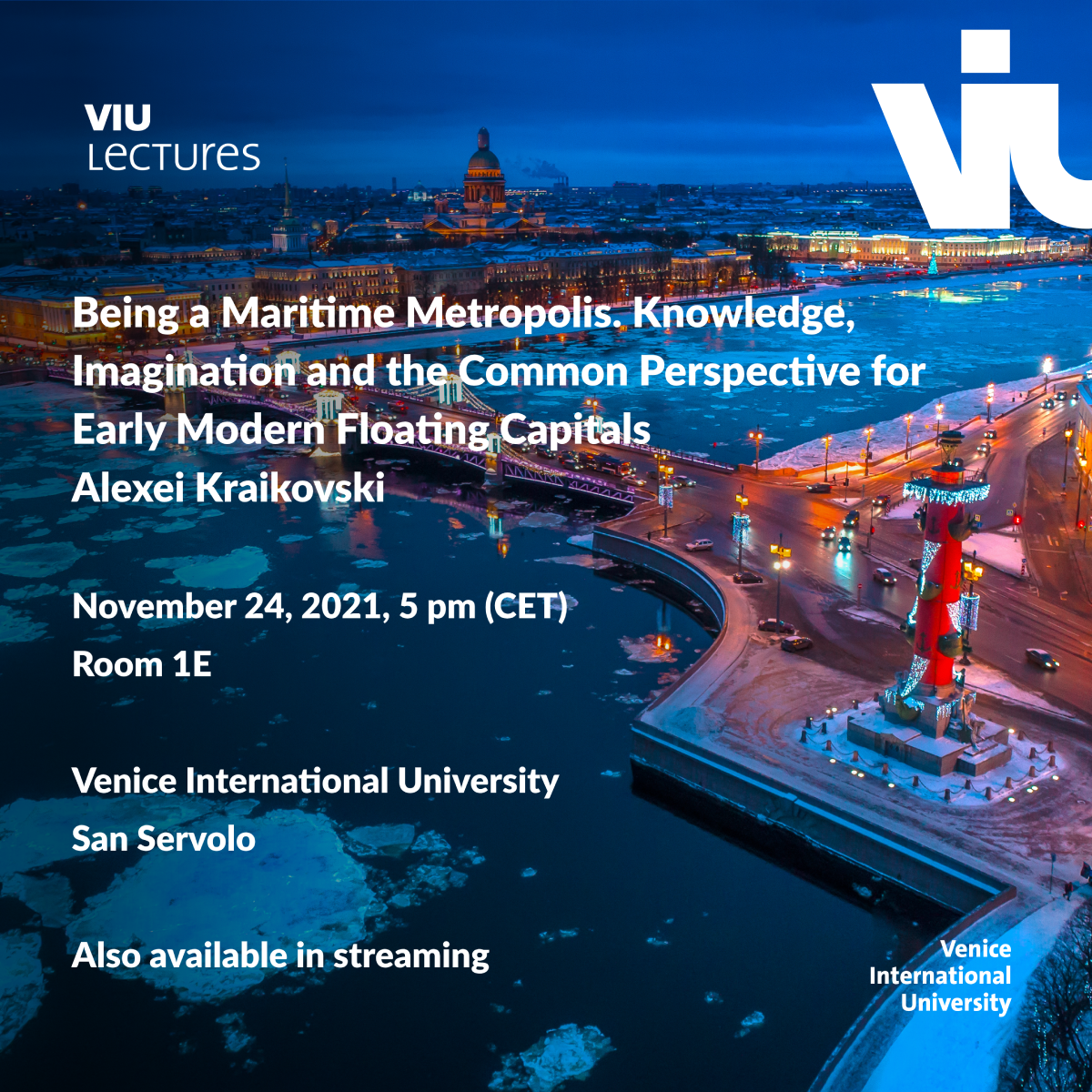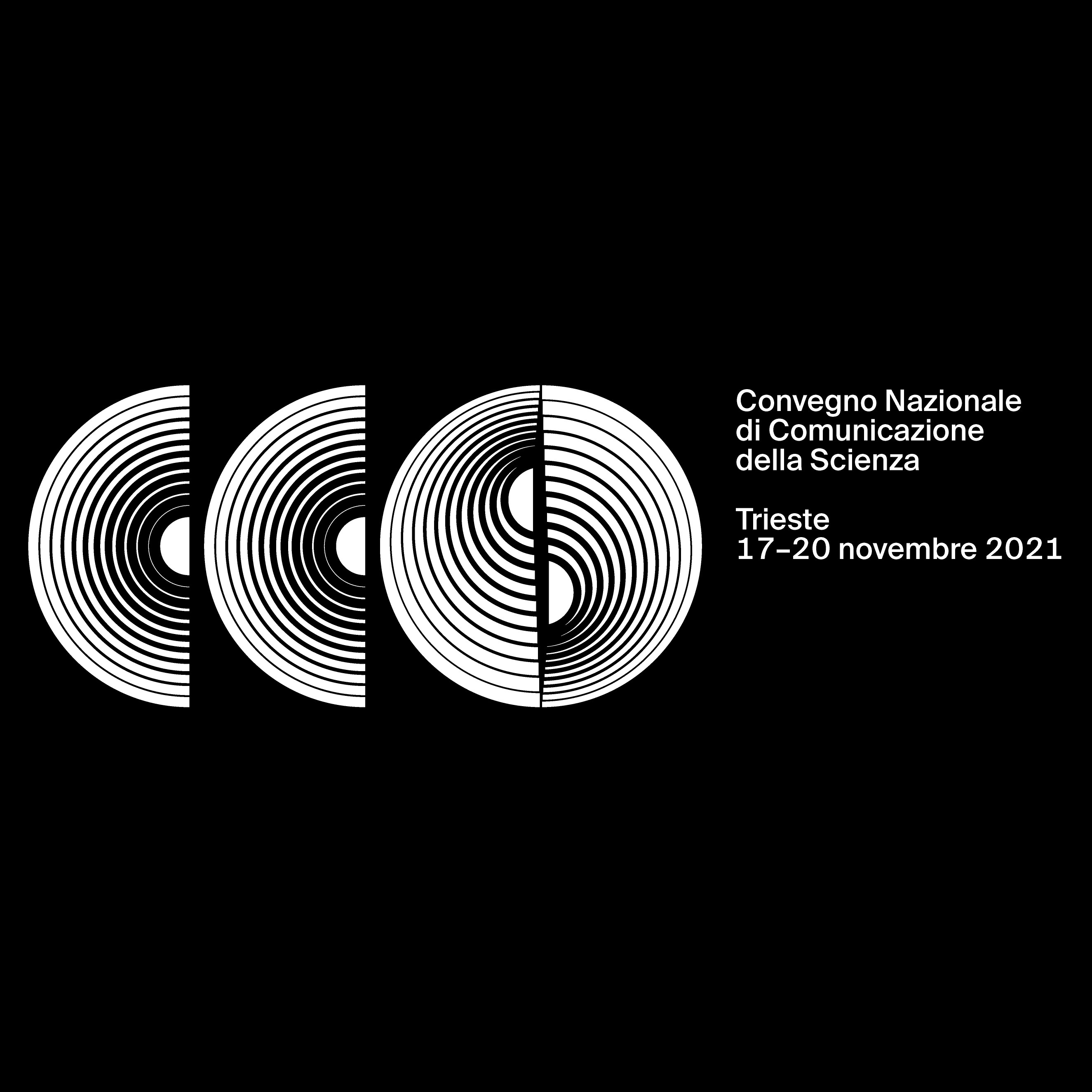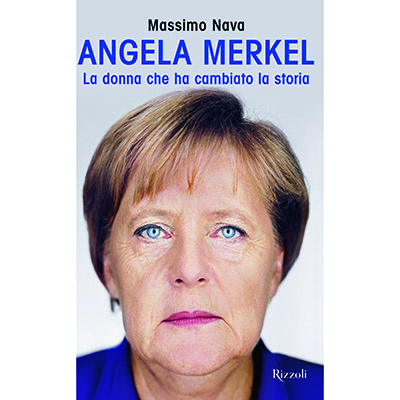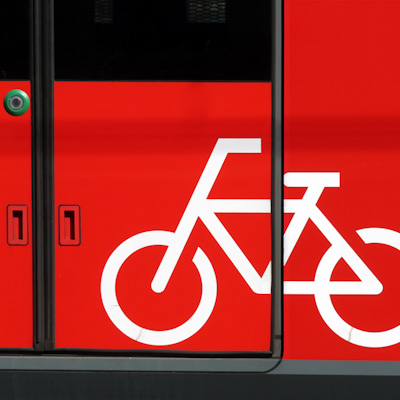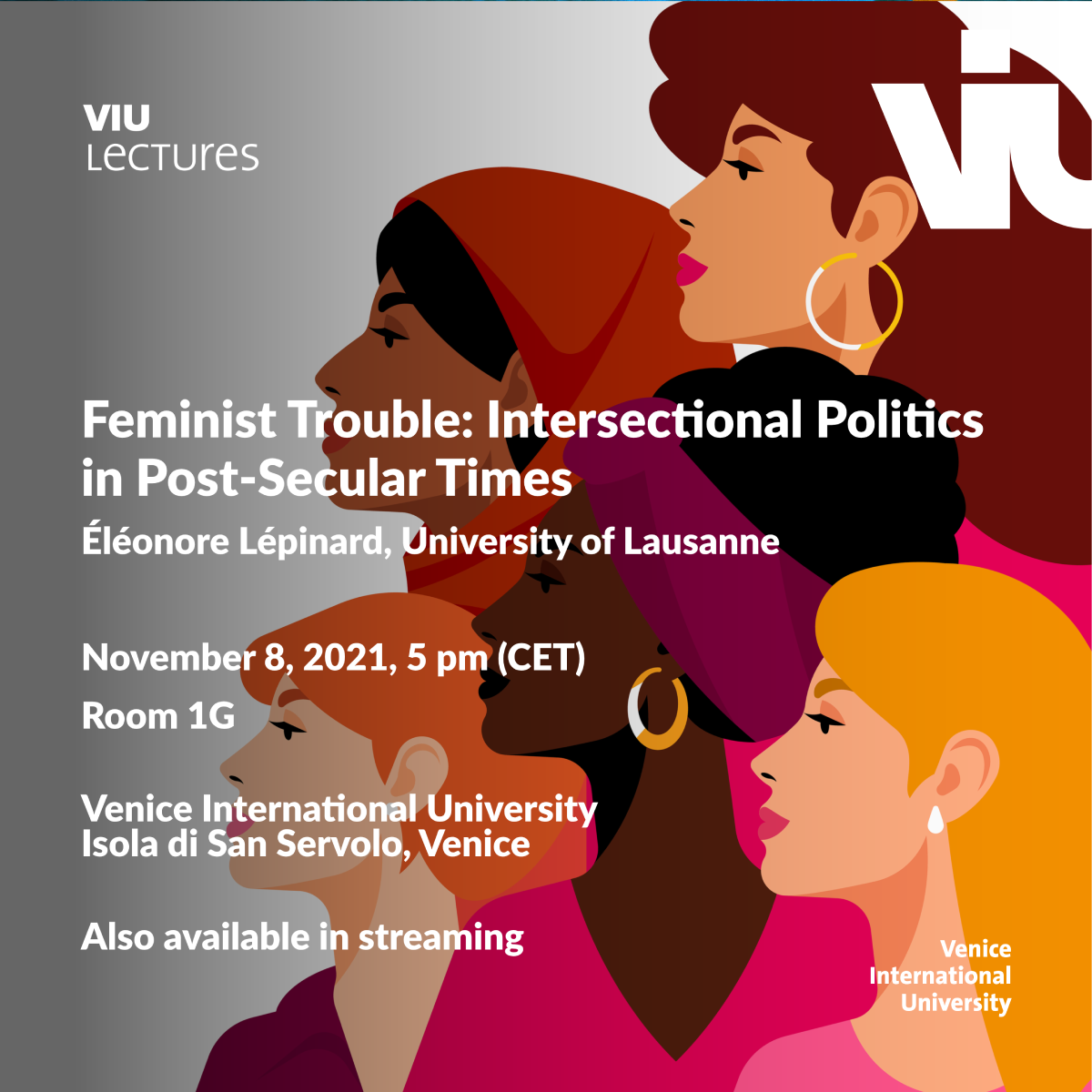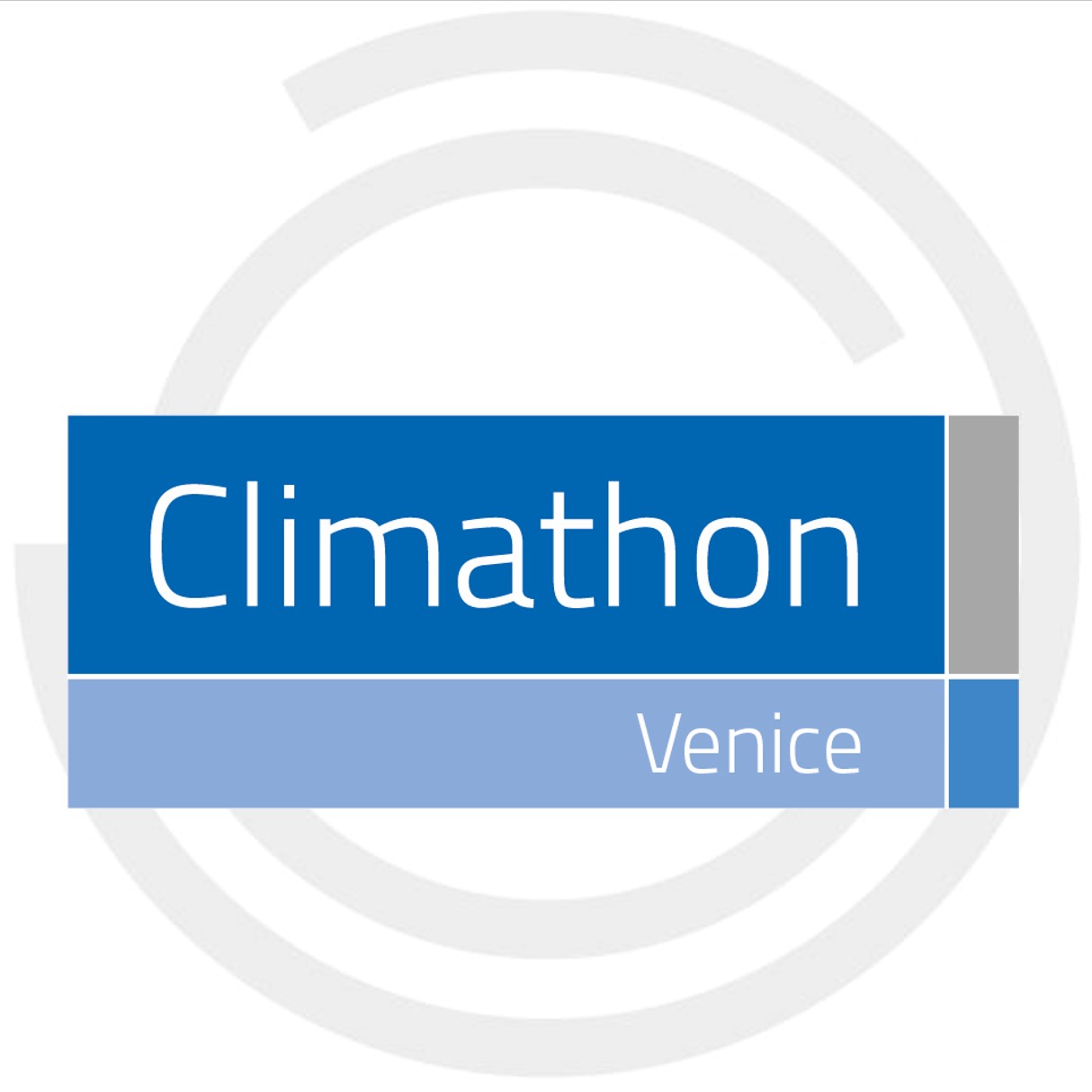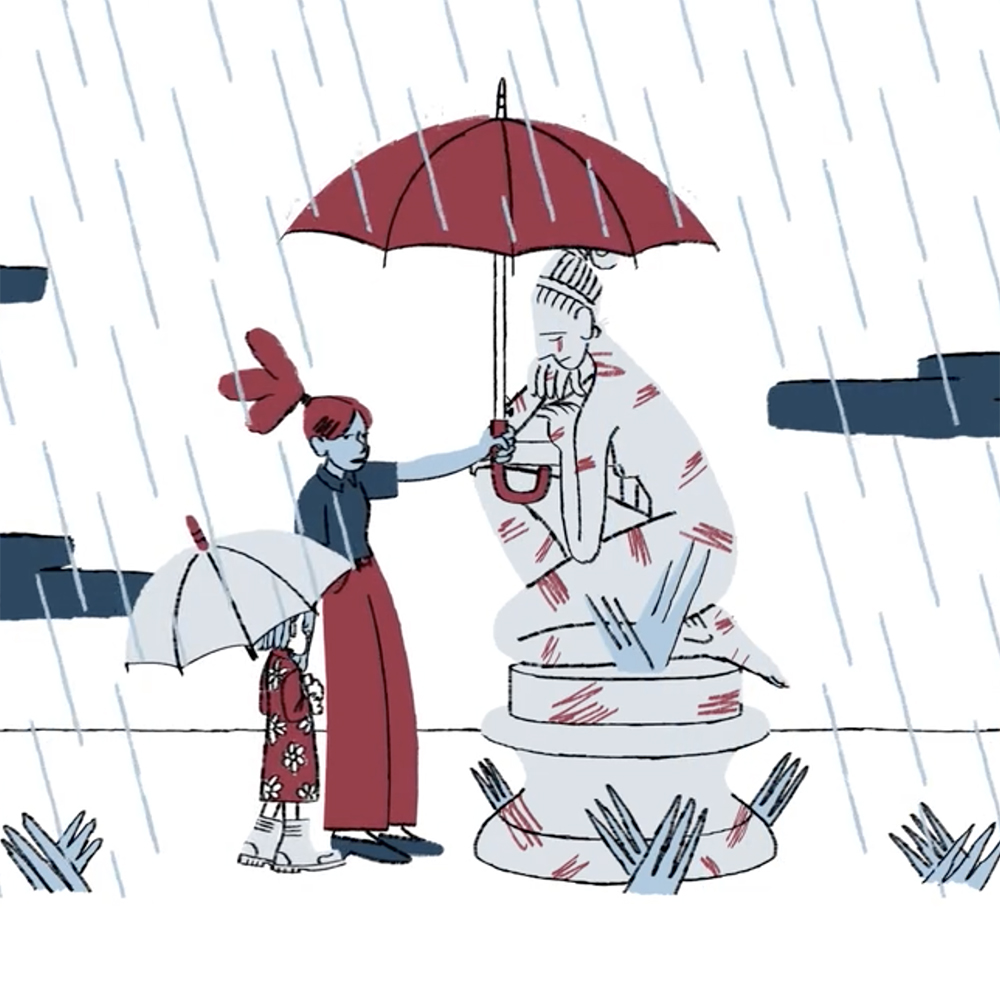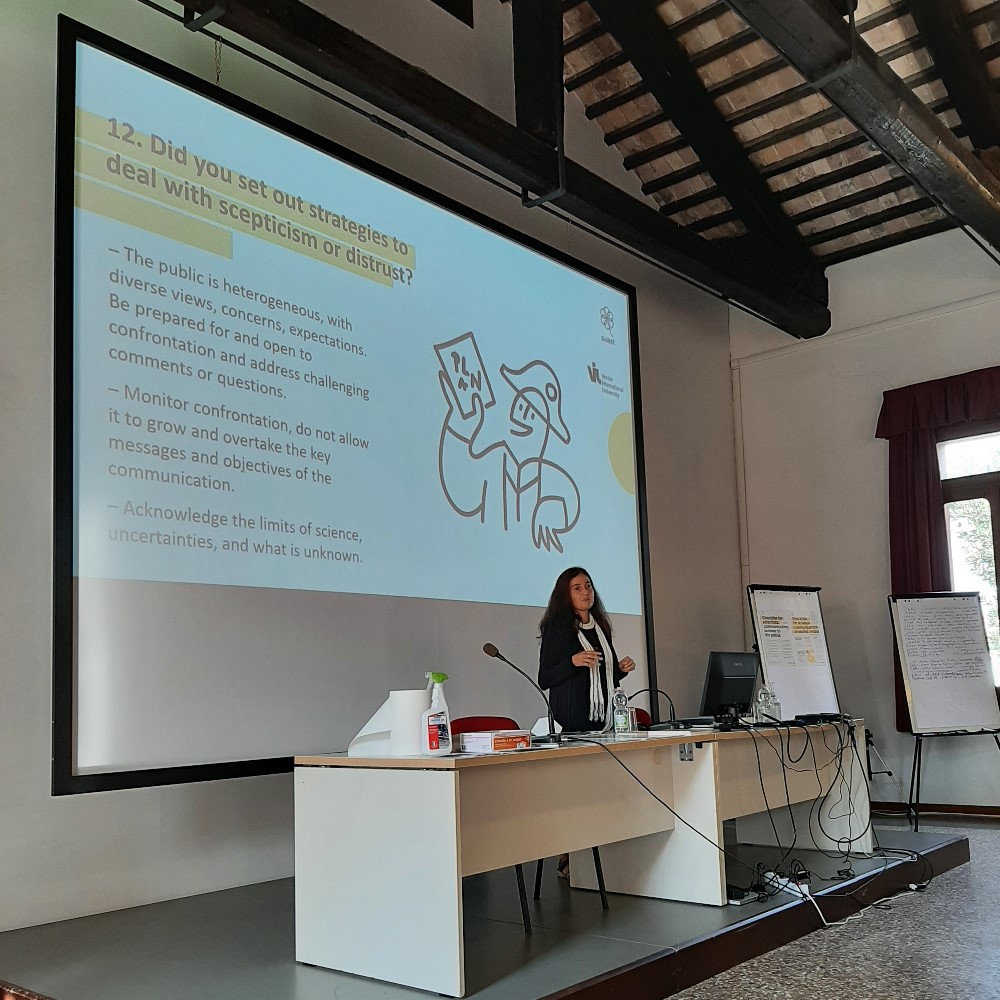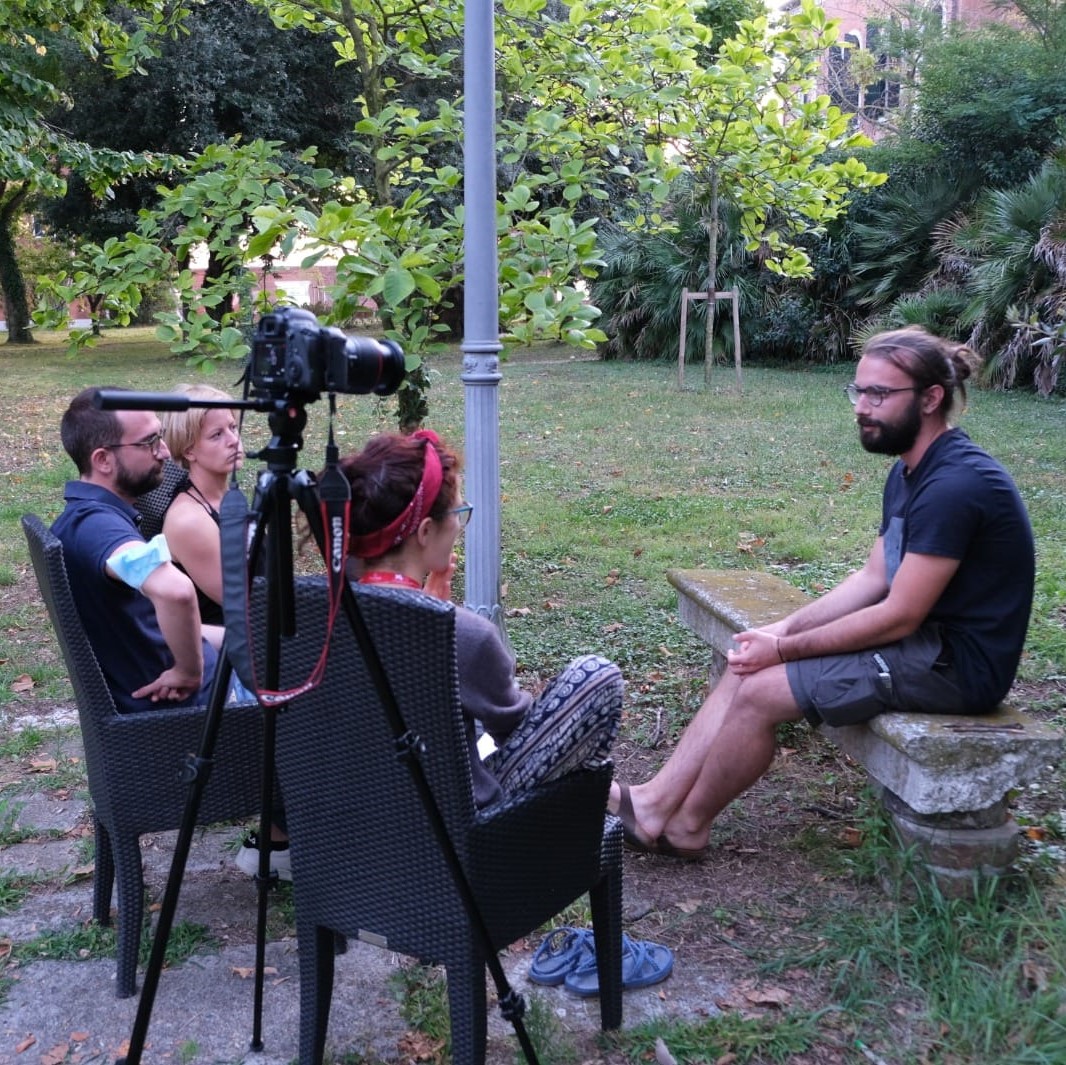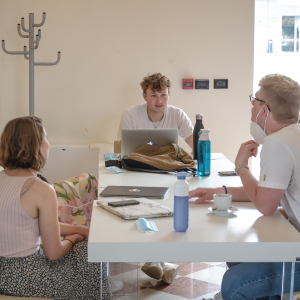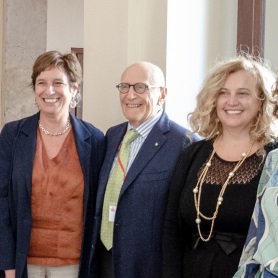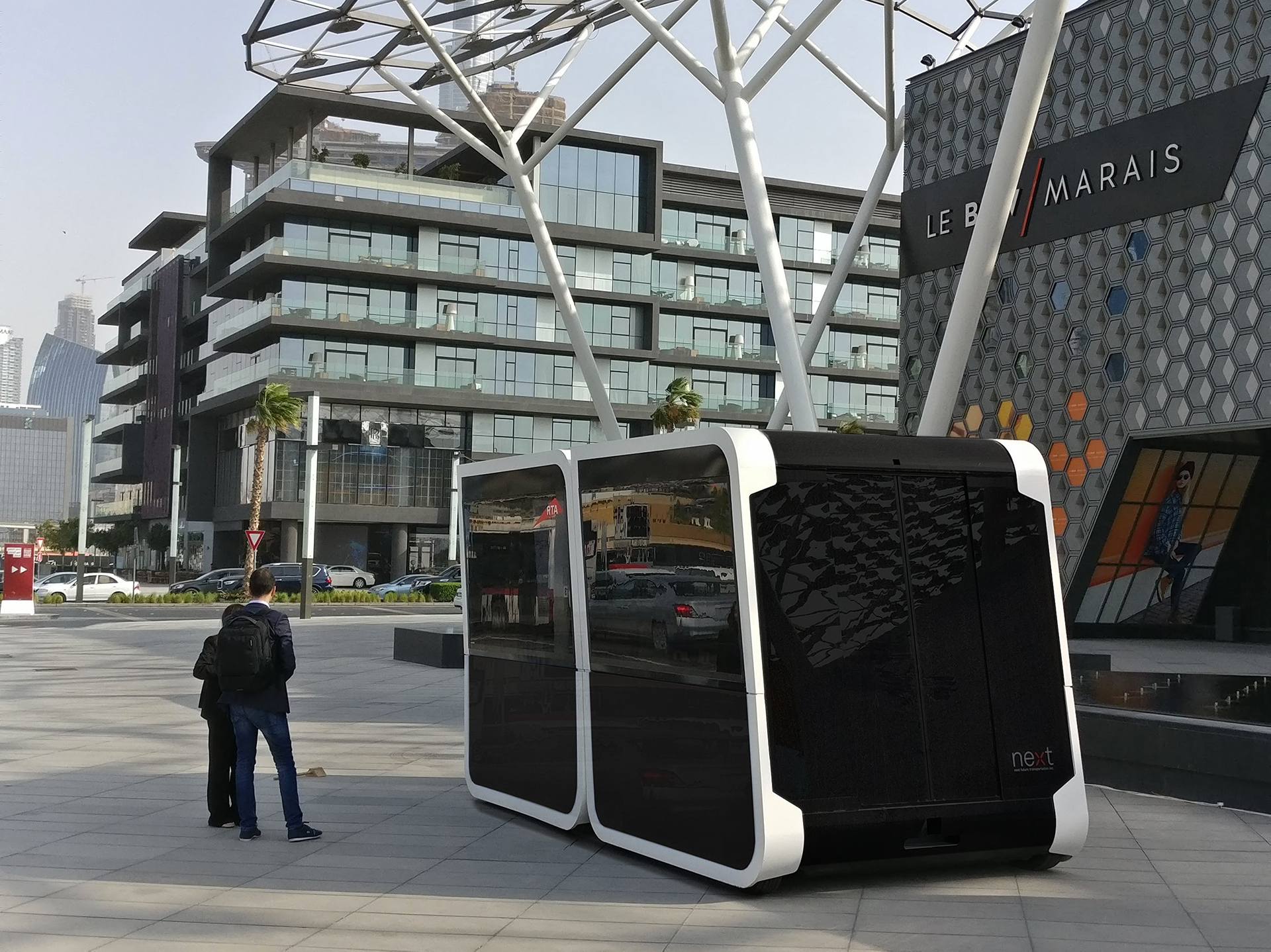VIU News
The third ICARUS newsletter has been published! The newsletter contains the last update on the pilot actions, the promotional video of the project and much more!
for the complete Newsletter click on the link HERE
Wednesday, November 24, 2021 - 5 pm
Room 1G
Venice International University
Alexei Kraikovski
National Research University Higher School of Economics, St. Petersburg, Russia.
University of Padova, Italy.
VIU will hold the third (limited) edition of the Venice World Multidisciplinary Conference on Republics and Republicanism on May 27-28, 2022. This two-day edition will include research papers and an artistic performance. Research papers will reflect the main themes of the 59th International Art Exhibition of the Venice Bienniale: the representation of bodies and their metamorphoses; the relationship between individuals and technologies; the connection between bodies and the Earth. The exhibition's title The Milk of Dreamstakes its name from a book by Surrealist artist Leonora Carrington (1917-2011).
The conference call involved two main areas:
- art and revolution (visual and performative art as agent of change; the artistic representation of res publica historically, whether it was forged, consolidated or transformed with the help of the arts, or on whether arts right now is one of the main forces contributing to the flourishing of res publica as a mode of life)
- body politics and the earth (green and eco-republicanism; environmental humanities to save the planet; the technologies of res publica as a political body; feminism and republicanism)
Download the program of the conference
Keynotes
- Serge Audier, Sorbonne Université Paris, On Eco-Republican Liberty
- Vittorio Longhi, writer and journalist, The African Descendent, an "Invisible Man" in the Media
- Ananya Vajpeyi, Centre for the Study of Developing Societies, New Delhi, India's Second Republic
What policy can support science communication? What incentives can be put in place in research, journalism or museums? What role for university governance?
This will be discussed at the workshop led by Alessandra Fornetti and Ilda Mannino at the Italian National Conference of Science Communication which is back at Sissa in Trieste after 8 years.
Friday, November 19, 2021
5.45 pm, Venice International University, San Servolo Island
The official ICARUS video is now available on the project youtube channel!
The video represents a comprehensive account of all aspects of the project and shows the results of the pilot cases developed by all partners.
Monday, November 8 2021, 5 pm
Room 1G
Venice International University
Éléonore Lépinard, Associate Professor of Gender Studies at the University of Lausanne
Chair: Martina Avanza, Université de Lausanne
October 30-31, 2021
6th Edition | Restart Venice | Registrations open
The Climathon Venice is an opportunity to learn, to meet the Ecosystem of Innovation in Venice, and to face the challenges of today, with the ultimate goal of creating value together.
Venice International University is scientific partner of the Climathon Venice 2021, a competition of ideas designed to develop innovative and sustainable projects that help to solve the climate crisis and boost our economy & society in this current pandemic.
VIU will offer an exceptional range of Intensive Graduate Activities in 2022.
Students and scholars from the member universities are encouraged to explore the programs on offer in 2022, and apply early to guarantee their place.
The programs are the outcome of intense collaboration among the universities and have been developed based on the mandate of the member universities through the VIU Academic Council.
There are three types of intensive graduate activity at VIU.
- VIU International PhD Academy
Interdisciplinary intensive programs on major societal challenges, with a parallel training program in transversal skills to prepare advanced PhDs for research careers in academia or in the private sector.
- VIU Graduate Seminars
Thematic intensive seminars, on a focused topic approached from a multidisciplinary perspective. The aim is to support early-career PhDs who are beginning their research and to facilitate interdepartmental cooperation. Significant cooperation among departments in the member universities is expected.
- VIU Summer/Winter Schools
VIU supports the development of VIU Summer Schools, which are intensive taught programs that are offered each year. They are addressed to students of varying levels; check each program brochure. The Schools are also open to applicants outside of the VIU membership.
We are facing a challenge: to protect our past for future generations. Climate change is affecting natural heritage, human life, and our cultural heritage. SMACH is a project in response to Climate Change. It promotes EU-Balkan cooperation within the Central European Initiative.
The unprecedented threat of climate change is posing a severe risk to human activities, due to the increasing frequency and magnitude of extreme events.
VIU is carrying out research defining a Socio‐Economic Regional Risk Assessment (SERRA) for the Belluno Province in partnership with Enel Foundation, and the Euro‐Mediterranean Centre for Climate Change (CMCC).
Communicating research and its results is increasingly important and requires specific skills. More and more researchers find themselves communicating their research directly to a wide audience, as it is the case with social media. This certainly might have a great impact in terms of visibility and recognition within the scientific community and, often, beyond. But what about if the communication of our research is not in fact so clear or coherent? What if instead of receiving “likes” we receive questioning comments leading to arduous debates?
SPROUT will participate at the POLIS Conference 2021, which will be held in Gothenburg on 1-2 December 2021.
The POLIS Annual Conference provides an opportunity for cities and regions to showcase their transport achievements to a large audience of mobility experts, practitioners and decision makers.
For further information about registration, programme and practical information please click here
In occasion of the 11th edition of the Ca' Foscari Short Film Festival (October 6-9, 2021), VIU is proud to present the four short films created by the students of the 3rd edition of the VIU Summer School on Films in Venice and Filming Venice. Professor Maria Roberta Novielli, Artistic Director and overall organizer of the Festival, is teaching Faculty at the Summer School.
The short films will be screened in four different locations, shown below, and we encourage you to go see them if you have the chance!
VIU's Intensive Graduate Activities bring students, researchers, and professors together in a collaborative environment to experiment with interdisciplinary approaches relevant to their studies and research. September has been a busy month on campus! There is a real sense of (almost) getting back to normal.
On September 6, the semester kicked off with the arrival of 140 students to San Servolo for the Globalization Program. Students from Italy, Germany, France, Belgium, UK, Russia, Tel Aviv, USA, Japan and Korea are taking courses in a range of disciplines on themes related Italy, Global Challenges, Science and Society, History and Memory, and Cultural Heritage.
The prestigious University of Milano-Bicocca officially became a Member of the Venice International University consortium on September 20, 2021.
New intermodal services for sustainable mobility
between Italy and Croatia
Joint Online Communication Event
23rd September 10:00-12:30 CET- online
Registration link: https://zoom.us/meeting/register/tJEkdOCtqzsuGtEEf44ZrGhoQ0cGFPEd8VLX
The road testing of modular electrified and self-driving pods is underway in Padua. The innovative transport system called "Next" was developed by the Paduan startup Getplus. The pilot action of testing the experimental module consists of two main phases and will last four months, until November 2021.
The first phase is being implemented in a selected urban area of Padua in reserved and protected lanes and is aimed at collecting data for a technical evaluation of the system. The second phase will be in an urban area with loop routes.


